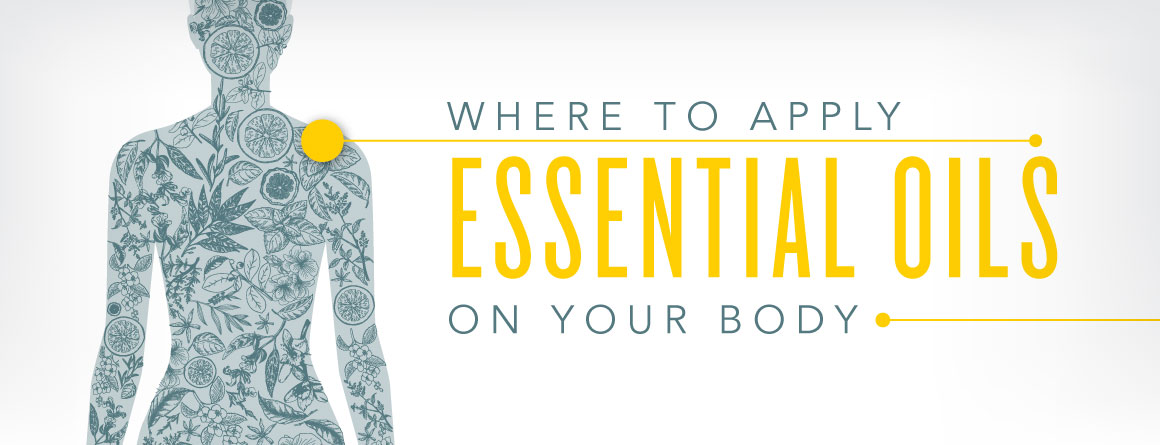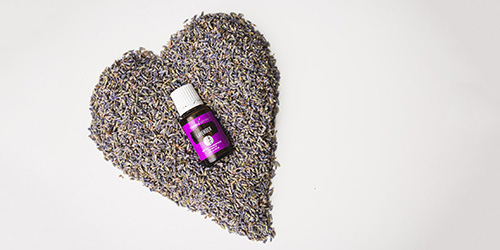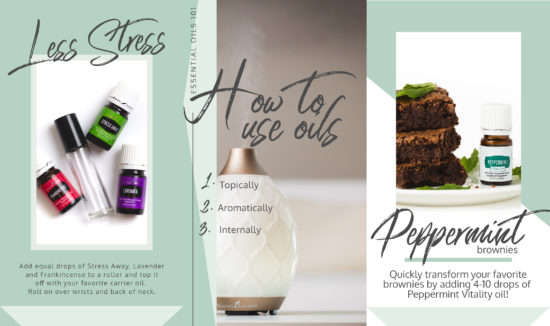
Anytime you apply, rub, or massage essential oils into your skin, your experience starts with sensory receptors. These receptor cells are all over your body, and they do some pretty powerful stuff. Let’s talk about what these human body receptors are and why they’re so amazing!
What is a receptor, and how does it work?
Receptors are protein molecules that have binding sites on them for different types of molecules. When an external molecule finds a binding site it fits in, it communicates with your brain through electrical signals. These signals can go to your muscles, organs, or—in the case of your olfactory receptors—the amygdala, which is involved in the emotions you experience.
Some familiar receptors are your taste buds. When you eat, the food or drink interacts with saliva, and molecules bind to the taste receptors in your mouth. These receptors come in contact with nerve cells, which communicate a particular flavor to your brain.
Another example of receptors in action is Cool Azul Pain Relief Cream. When you apply it to your skin, it triggers receptors and sends cooling signals to the brain. That’s why you can feel the tingling sensation all over your skin! Learn more about how this over-the-counter cream works in our video “The Science Behind Young Living’s Cool Azul Pain Relief Cream.”
Pain Relief Cream. When you apply it to your skin, it triggers receptors and sends cooling signals to the brain. That’s why you can feel the tingling sensation all over your skin! Learn more about how this over-the-counter cream works in our video “The Science Behind Young Living’s Cool Azul Pain Relief Cream.”
Your body has these amazing receptors all over, so there are plenty of places you can apply essential oils. Check out our handy infographic below to see where you can get started!

Want even more essential oil know-how? Check out how to use essential oils to create a healthy lifestyle and 7 tips and essential oil uses for a balanced life to learn more about adding essential oils to your life!











